Download Letter (PDF)
March 12, 2025
Honorable Senator Chuck Schumer
Senate Democratic Leader Chair of the Conference
322 Hart Senate Office Building
Washington, D.C. 20510
Honorable Senator Richard Durbin
Minority Whip
711 Hart Senate Office Building
Washington, D.C. 20510
Cc: all members of the U.S. Senate
RE: Vote NO on Cloture and Any Continuing Resolution that Threatens D.C.’s Autonomy
Dear Senate Democratic Leader Chair of the Conference, Minority Whip and all members of the U.S. Senate:
On behalf of the 112 undersigned national and local civil rights, justice reform, democracy, labor, education, faith, environmental, and parent groups, we write to urge you to vote NO on cloture and firmly oppose any continuing resolution (CR) that removes the District of Columbia (“D.C.”)’s longstanding authority to spend its locally raised tax dollars and manage its own budget.
The CR advanced this week by House Republicans steps away from decades-long precedent and opts to treat D.C. like a federal agency despite being a local jurisdiction of 700,000 people. The CR would force D.C. – already six months into the current Congress-approved fiscal year (FY25), to revert back to the previous fiscal year (FY24) spending levels. This move would prohibit D.C. from spending over $1 billion of its own taxpayer dollars, resulting in massive, preventable cuts across the entire local D.C. government and public sector. D.C.’s Mayor has explicitly noted that if this CR is passed, D.C. will need to reduce its remaining funds by 16%, which would require implementing overnight layoffs, furloughs, and hiring freezes, along with significant cuts across public education, public safety, housing supports, food access, health care programs, transit, environmental programs, sanitation and more.
During the U.S. House Committee on Rules hearing on March 10, U.S. House Appropriations Committee Chairman Tom Cole (R-OK) framed the CR’s impact on D.C. as a “minor adjustment that would mostly affect inauguration funding that the [District] did not need anymore” – noting that he did not think the CR would have any impact on D.C.’s day-to-day municipal services operations. Despite misleading rhetoric about the CR, blocking D.C. from spending over $1 billion of its own local funds does nothing to reduce federal spending or shrink the deficit – it simply punishes D.C.’s local government and residents by denying them access to essential services, programs, infrastructure that their own tax dollars pay for. According to estimates shared by D.C.’s elected leadership, this CR would:
- Slash $358 million from public and charter education, undermining school operations and staff;
- Cut $28 million from the Department of Human Services, threatening infrastructure and supports dedicated for unhoused and low-income residents;
- Result in immediate service disruptions, widespread job loss across the local government and public sector, and destabilization across nearly every city agency;
- Complicate citywide operations that are essential not only for residents, but for the federal workforce, millions of visitors, and the broader regional economy.
In addition to the unprecedented attack on D.C.’s ability to self-govern, this CR also breaks from a long legacy that recognizes that the local D.C. government should not be held hostage during federal budget negotiations. Previous CRs have routinely included an exemption that allows D.C. to continue operating its local budget – ensuring continuity of services regardless of federal shutdown or gridlock. This CR intentionally removes this exemption, threatening chaos during potential shutdowns and ridding D.C. of the basic ability to keep the lights on.
These attacks on D.C. pose an existential threat to D.C.’s autonomy, but it also is a dangerous precedent. D.C. is home to over 700,000 residents – more than the populations of Vermont and Wyoming and comparable to states like Alaska and North Dakota. D.C. is not just a jurisdiction filled with bureaucrats; D.C. is rich with culture and vibrant communities including a 44% Black population. Yet, D.C. remains uniquely vulnerable to Congressional and federal overreach. This CR treats D.C. as a pawn in a partisan political fight, despite the D.C.’s exemplified fiscal responsibility and longstanding commitment to effective governance.
This is fiscal sabotage, not fiscal responsibility. Undermining D.C.’s ability to govern itself will have real day-to-day consequences for Washingtonians – while also sending a chilling message to state and local jurisdictions across the country. If Congress can haphazardly override an approved, balanced local budget, nothing stops this body or this federal administration from identifying comparable ways to overstep or roll back the rights of states and localities elsewhere. This attack on D.C.’s autonomy is part of a larger pattern of this administration’s overreach – a calculated effort to target a progressive, Black-majority jurisdiction that overwhelmingly rejected the Trump/Vance campaign and their agenda. As proponents of justice, democracy, and fairness, we cannot allow this to stand.
All 112 undersigned organizations strongly urge you to reject this power grab by voting NO on cloture and NO on the House Republican CR. We call on you to oppose any continuing resolution that undermines D.C.’s home rule and budget authority. We also urge you to support restoring the longstanding exemption that allows D.C. to operate its local government independently – and, most importantly, protect the democratic principle that local governments should have the power to govern their own communities.
Thank you for your attention and consideration.
Sincerely,
View Signatories



